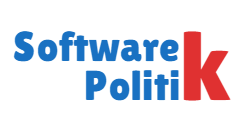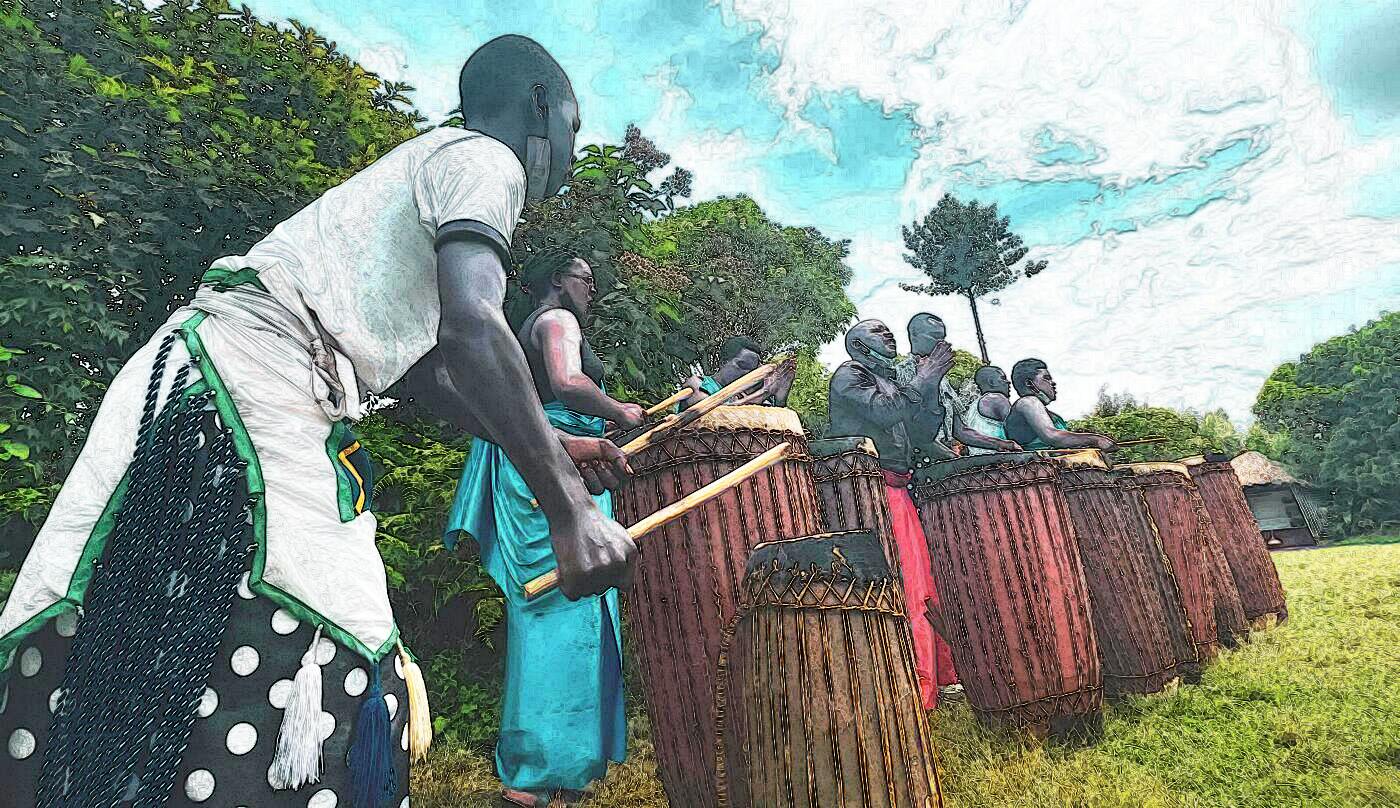Political ideas of an individual do not emerge in isolation, rather, they are strongly influenced by the context in which that person develops. This context encompasses a broad spectrum of factors, including the geographic and socioeconomic environment, as well as the social, cultural, and political groups with which one interacts. Through these influences, the context acts as a framework that defines which ideas seem acceptable, what topics are relevant, and how events should be interpreted in terms of economic significance.
However, the most interesting aspect is how this contextual framework can be so all-encompassing that it becomes difficult to perceive, and much harder to overcome. Thinking beyond what the environment has shaped requires a level of introspection that is not always encouraged or taught. For this reason, people often maintain ideas and attitudes that they have not questioned deeply, simply because they have been conveyed as “normal” or “natural” within their environment. Understanding how context shapes these ideas is crucial to analyzing the political behavior of societies.
The social context: an invisible but powerful structure
When we talk about “context,” we refer to everything that surrounds a person and provides them with a frame of reference. This concept includes broad factors such as economic conditions, political history, and educational institutions, as well as the closer environment from the moment an individual is born (or even before). At its most basic level, context defines which problems are perceived as more urgent and which solutions are considered viable, profoundly influencing the way a person understands and participates in politics.
A clear example of how context shapes political ideas is the impact of economic conditions. In societies with high levels of inequality, people often lean towards political positions that seek to reduce that gap through redistributive policies. In more prosperous contexts, economic stability and social order tend to take a central place in political concerns. Similarly, access to education and information is crucial: those with limited education or an environment lacking in diversity may see the political landscape more narrowly than those exposed to a range of ideas and theories.
In addition, personal and family experiences, particularly traumas or situations of injustice, leave deep imprints on political beliefs. The political history of a country also plays a key role. Nations that have experienced civil wars, dictatorships, or ideological conflicts tend to inherit collective fears and deeply rooted mistrusts toward certain groups or ideologies. This legacy creates fertile ground for some political ideas to flourish, while others are quickly dismissed as dangerous, especially in post-dictatorial societies where generations inherit an automatic aversion to political movements associated with oppressive regimes of the past.
Social groups: echoes of dominant ideas
Within that broader context, the social groups with which a person interacts play a central role in how they understand and process politics. Family, friends, religious or political communities, and work or study colleagues act as “micro-contexts” that reinforce or challenge the predominant ideas in society.
Groups provide more than just a sense of belonging; they are also a source of validation and cohesion. It is common for people to adapt their opinions to align with those they consider important in their lives. In this sense, groups not only shape which ideas seem valid but also structure the way these topics are discussed. In environments dominated by a particular ideology, it is likely that certain political ideas are reinforced while others are ignored or dismissed. This is particularly evident in echo chambers, which are nowadays amplified by social media, where algorithms tend to filter information in line with our previous beliefs.
Furthermore, social groups can limit an individual’s critical capacity by discouraging dissent. Expressing a political opinion that contradicts the general stance of the group may generate tensions, leading many people to simply go with the flow. This behavior is not only a matter of social conformity but also responds to the human need to avoid conflict in favor of harmony within the group.
Breaking the mold: a challenge for independent political thinking
One of the greatest challenges for any individual is to break with the limitations imposed by their context and think independently. Questioning beliefs that have been taught from an early age or reinforced by close groups is not an easy task. Doing so implies reconfiguring the way one perceives the world and often facing the discomfort of cognitive dissonance: the clash between what we have always assumed to be true and new ideas or evidence that challenge our beliefs.
The barriers to this kind of critical thinking are numerous. On one hand, there is strong social pressure to conform to group norms. On the other hand, educational systems and the media often do not promote diversity of thought but reinforce the predominant ideas in a society and/or a singular way of thinking. However, those who manage to break through these limitations and develop a more autonomous political vision often do so by exposing themselves to new experiences: traveling, reading varied perspectives, or simply interacting with people from different backgrounds and contexts.
This process of “unlearning” is key to expanding the political horizon but requires a conscious effort and the willingness to embrace uncertainty. Abandoning ideas taken for granted can create insecurity, as it leaves the person without a stable frame of reference. Nevertheless, this type of critical reflection is essential for participating in a more inclusive and constructive political dialogue, where a variety of perspectives are valued and where truly informed and autonomous opinions can be formed.
Expanding our vision: the path to more plural thinking
Understanding how context shapes our political ideas is the first step in expanding our perspectives and developing a more plural view of the world. While it is difficult to step beyond the limits imposed by both the environment and the groups we interact with, it is possible to foster greater openness and flexibility in our ways of thinking. To achieve this, it is crucial to expose oneself to opposing ideas, learn to engage in respectful dialogue, and be willing to question what we have learned.
This effort not only enriches us as individuals but also strengthens democracy. Societies more open to debate and less rigid in their political beliefs are better able to adapt to change and find solutions to complex problems. Ultimately, by expanding our political vision beyond the confines of context, we contribute to a more dynamic, critical, and plural society.
If you find this topic interesting, I invite you to explore the new category on my blog, “Personal political empowerment“, where I will continue publishing content aimed at fostering reflection and strengthening independent political thinking. Don’t miss the upcoming posts!




